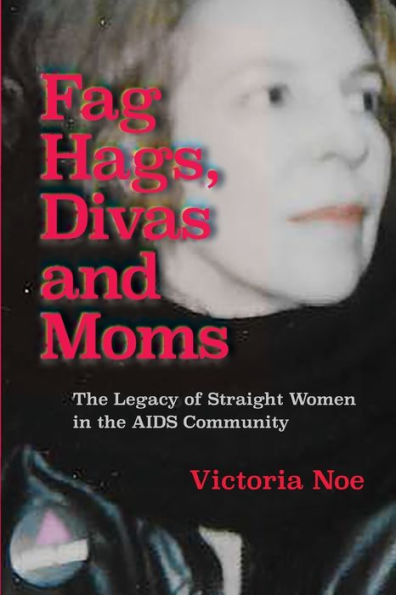Waiting for a Friend’s Funeral
One of the stark realities of being the friend of someone who has died is that you’re not in charge.
When a family member dies, one or more relatives are designated to carry out specific tasks. They may simply follow the wishes of the deceased, or may be forced to make choices about everything from burial clothes to readings.
They may ask friends of their loved one to participate, typically as a pallbearer. Friends may be asked to give a eulogy or share photos for a display at the funeral home.
Typically, friends are simply expected to support the family, whose grief is assumed to be more important. They have no decision-making power.
Because of that lack of control and lack of participation - unless specifically asked - friends have to roll with the punches. And one of the biggest hurdles they face is the funeral/memorial service itself.
Can you go? Can you get off work? Are you even invited? Those are serious issues, ones that will be addressed in future posts.
New Yorker Durell Godfrey had recently retired from Glamour Magazine when she found herself helping to plan the funeral of a childhood friend who had died weeks earlier in a car accident. She and a number of other friends were planning the service, because there were no family members there to handle it. It was scheduled for Saturday, September 15, 2001.
Obviously, the events of 9/11 in New York complicated matters in ways that could not be anticipated. Her friend’s twin brothers, living in Paris, couldn’t fly because all international flights were grounded. In fact, no one could get to the site of the funeral, because lower Manhattan was in lockdown.
“Trying to design a funeral anyway is horrible. Then Tuesday happened and nobody knew what to do,” she said.
They shared an all-too-common experience with those who lost someone on 9/11: They had to wait to say goodbye.
Durell’s is not the only story I’ve heard about funerals that were delayed for various reasons. Sometimes - in the case of 9/11 - they waited for DNA: “something” to bury. Sometimes the immediate family was too distraught to hold a service of any kind, leaving friends at a loss. Sometimes the family decided to wait for a specific reason: for better weather, or to travel to a specific destination to scatter ashes.
What to do?
Do you, as a friend, gather other friends together and hold your own “service”? How about an Irish wake - laughing and singing and remembering the best moments with your friend, no crying allowed? Do you wait until the family makes plans and hope you’re included? Do you try to convince yourself you don’t “need” a funeral to say goodbye?
In Durell’s case, her friend’s funeral did finally take place, months later. Sadly, he had worked on Wall Street and knew many people from Cantor Fitzgerald who died on 9/11. He was spared a grief that Durell believed would have broken his heart.
While I don’t believe in closure, I do believe that the rituals of our lives - including funerals - serve an important purpose. Not having one - or worse, not being included in one - that honors your friend probably makes you feel like you’re left hanging.
Perhaps it’s time, then, for us to consider that there doesn’t have to be Just One Funeral for anyone. We can remember our friends in a thousand different ways: visiting their favorite places, supporting organizations that were important to them, keeping in touch with their families, re-dedicating our own lives to a greater purpose.
Whatever way you choose, you’ll be sure they’re never forgotten.

